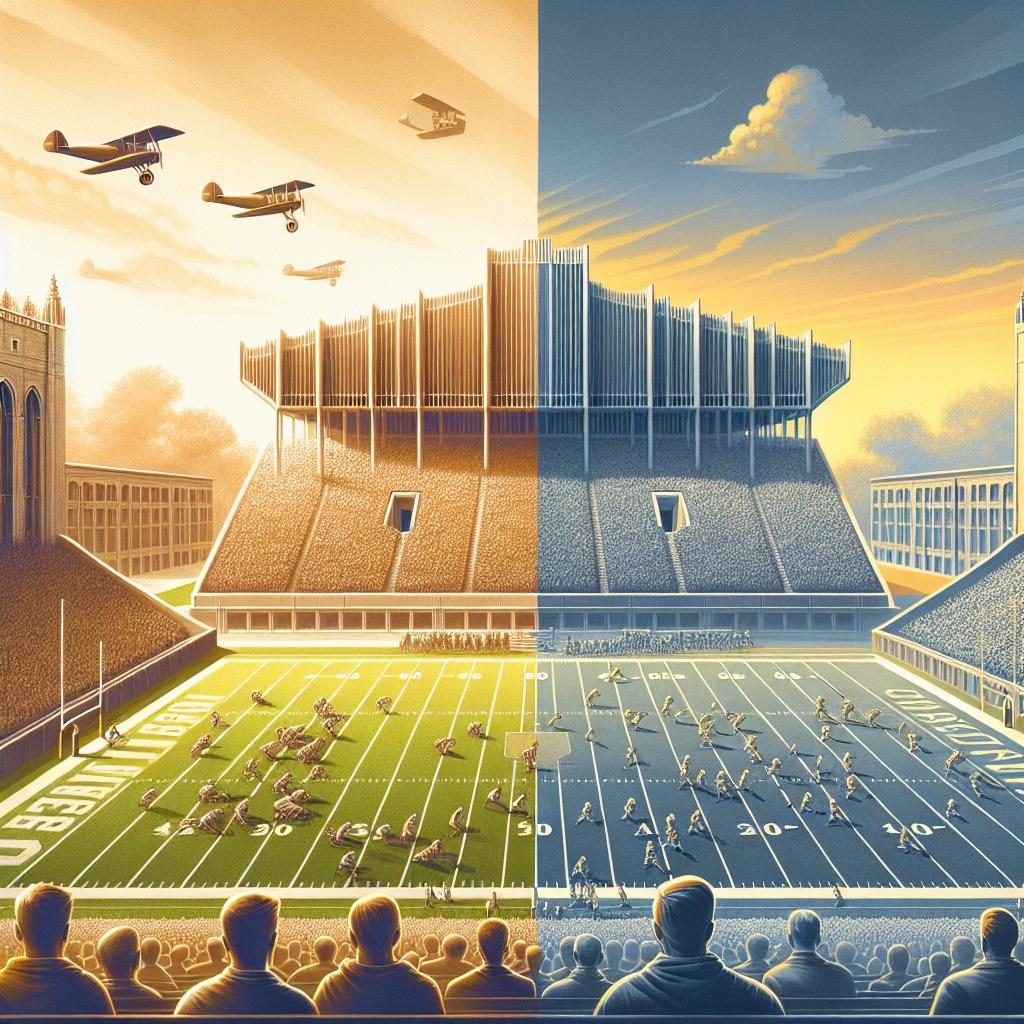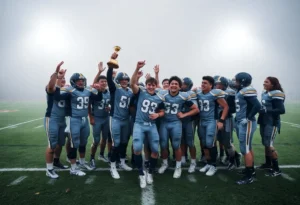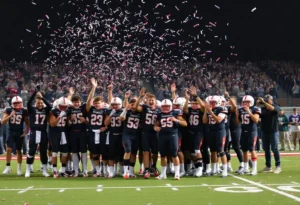In a significant shift for college athletics, the NCAA Division I Council has voted to eliminate the National Letter of Intent (NLI) program. This decision, made on Wednesday, is part of a broader transformation occurring within the NCAA as it responds to changing dynamics in college sports and the recent House v. NCAA settlement.
The NLI program, which began in 1964, allowed recruits to sign binding agreements promising to attend a university full-time for a year. However, with the new changes, schools will instead rely on financial aid and scholarship agreements. While the NLI won’t be completely erased, the specific binding agreement will no longer be used as it has been traditionally. The Collegiate Commissioners Association (CCA) championed this change after noticing the evolving landscape of college sports.
These reforms come as the NCAA emerges from significant scrutiny over its amateurism rules. The recent House v. NCAA settlement could allow schools to spend over $20 million annually paying athletes, prompting the NCAA to reconsider previous restrictions. The penalties related to the NLI, which used to force athletes into complications if they requested a release after a coaching change, have already been modified, indicating a trend toward greater freedom for athletes.
The shift raises questions about the future of recruitment, which might be evaluated now that the NLI is gone. This year’s early signing day is set for Wednesday, December 4, shortened from its previous date of mid-December. Furthermore, the NCAA is now working to understand how these changes may impact the recruiting calendar moving forward.
As college sports continue to evolve, these changes indicate a promising shift towards greater flexibility and opportunities for student-athletes across the nation.
Author: STAFF HERE ROCK HILL
The ROCK HILL STAFF WRITER represents the experienced team at HERERockHill.com, your go-to source for actionable local news and information in Rock Hill, York County, and beyond. Specializing in "news you can use," we cover essential topics like product reviews for personal and business needs, local business directories, politics, real estate trends, neighborhood insights, and state news affecting the area—with deep expertise drawn from years of dedicated reporting and strong community input, including local press releases and business updates. We deliver top reporting on high-value events such as the Come-See-Me Festival, Rock Hill Arts Festival, and motorsport events at the Rock Hill Velodrome. Our coverage extends to key organizations like the Rock Hill Chamber of Commerce and the Culture & Heritage Museums, plus leading businesses in manufacturing and technology that power the local economy such as 3D Systems and Comporium. As part of the broader HERE network, including HEREAiken.com, HEREBeaufort.com, HEREChapin.com, HERECharleston.com, HEREClinton.com, HEREColumbia.com, HEREGeorgetown.com, HEREGreenwood.com, HEREGreenville.com, HEREHiltonHead.com, HEREIrmo.com, HEREMyrtleBeach.com, HERENewberry.com, HERERockHill.com, and HERESpartanburg.com, we provide comprehensive, credible insights into South Carolina's dynamic landscape.








